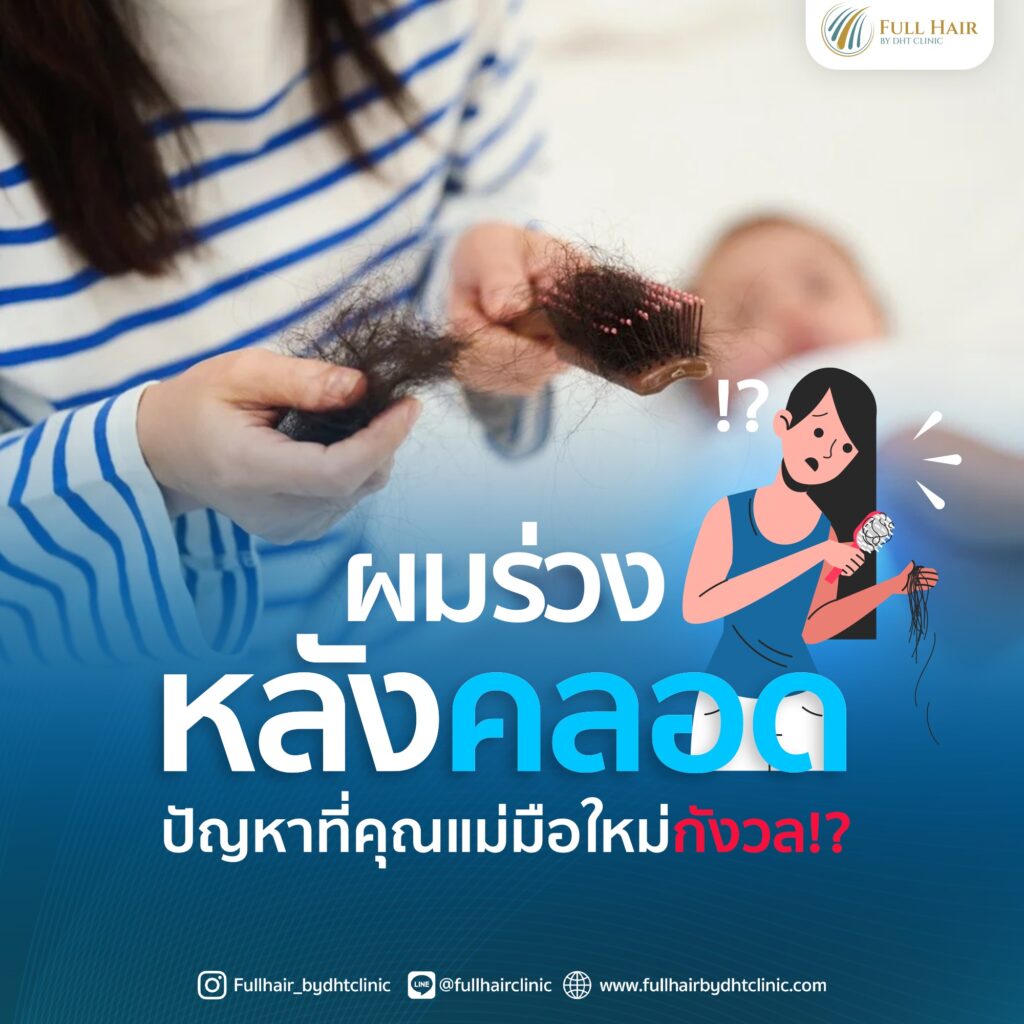Becoming a mother is one of the most beautiful and life-changing experiences. However, along with the joy of welcoming a newborn, many women face unexpected physical changes, one of the most alarming being postpartum hair loss.
Why Does Hair Fall Out After Giving Birth?
During pregnancy, hormonal changes cause an increase in estrogen levels, which prolongs the growth phase of hair. This results in thicker, fuller hair that many women enjoy during pregnancy. However, after childbirth, estrogen levels drop rapidly, causing more hair to enter the shedding phase at once. This leads to noticeable hair loss, often peaking around 3-6 months postpartum.
Is Postpartum Hair Loss Normal?
Yes! It is a natural process known as telogen effluvium and happens to most new mothers. The amount of hair loss varies from person to person, but in general, it is temporary. Hair usually begins to recover within a year after delivery.
How to Manage Postpartum Hair Loss?
Although hair loss after childbirth is normal, it can still be distressing. Here are some tips to help manage it:
1. Maintain a Healthy Diet
Eating a balanced diet rich in vitamins and minerals like iron, zinc, and biotin can help support hair regrowth. Foods such as eggs, nuts, leafy greens, and fish are excellent choices.
2. Be Gentle with Your Hair
Avoid excessive brushing, tight hairstyles, and heat styling tools, as they can worsen hair breakage. Opt for mild, sulfate-free shampoos and use a wide-tooth comb to prevent further hair fall.
3. Stay Hydrated and Reduce Stress
Lack of sleep and stress can contribute to excessive shedding. Try to get enough rest, practice relaxation techniques, and seek support from family and friends.
4. Consider Hair Treatments
Some treatments, such as scalp massages, hair serums, and essential oils like rosemary oil, can help stimulate hair growth. If the hair loss is severe, consulting a hair specialist or dermatologist may be beneficial.
When Should You See a Doctor?
If postpartum hair loss continues beyond one year, or if you notice bald patches, extreme thinning, or other scalp issues, it may indicate an underlying condition like thyroid imbalance or nutritional deficiencies. In such cases, seeking medical advice is recommended.
Final Thoughts
Postpartum hair loss can be frustrating, but it is a temporary condition that many new mothers experience. By maintaining a healthy lifestyle, being gentle with your hair, and staying patient, your hair will gradually return to its normal growth cycle.
If you’re looking for expert advice or hair treatments, Full Hair by DHT Clinic offers professional solutions to help new moms regain their confidence.

